Concrete results from successive women in agriculture campaigns are in doubt as all farm organisations – bar one – admit that they do not have any specific measures to encourage more women to enter farming in the next Common Agricultural Policy (CAP).
Despite confirmation from the Minister for Agriculture Charlie McConalogue that gender equality remains a key priority for his Department and it is “working with stakeholders on policy development in this regard”, neither the IFA, ICMSA nor Macra na Feirme have any specific policies on the subject.
Policy options
The minister added that policy options were being considered in the context of existing supports for women and the needs of the farming sector. He invited submissions to the Agri-Food Strategy 2030 before the 15 June deadline.
Only the ICSA said it wanted to see a specific focus on female involvement in discussion and knowledge transfer (KT) groups.
Mona O’Donoghue-Concannon, the ICSA’s Connacht-Ulster vice-president, said KT groups with at least three female leaders would receive a top-up payment.
12% of farmers in Ireland are women and over two-thirds of them are over 55
She also said the ICSA proposal would provide for farmers to bring daughters of secondary school age to KT groups to encourage the idea that they could be the farm successor – although the payment would be received by the farmer until the daughter was 18, in line with payment rules.
Just 12% of farms in Ireland are owned by women and 11% are managed by women – putting Ireland in the bottom five countries in the EU in terms of gender equality on farms.
The figures are unlikely to change in the next generation of farmers, given that only around 10% of Teagasc courses are filled by young women.
Earlier this year, the European Commission stated that EU countries were required to consider the situation for women in rural areas when developing their rural development programmes, which would come under pillar II CAP funding.
This type of funding has previously been used in countries such as Denmark and Spain where joint partnerships that included women were given a small percentage top-up on certain farm grants.
Women in farming
Women in the farm community have faced a number of uphill battles in terms of gaining recognition for their work on the farm and access to land, which were highlighted in a Teagasc report by Tanya Watson, including the obvious cultural norm of automatically passing farms from fathers to sons.
When asked, the IFA and the ICMSA separately said they were committed to ensuring the best outcome for all farmers in CAP.
Despite a recent drive to increase the number of women in county chair positions within the IFA, there has traditionally been a struggle to involve women in farm organisations and leadership roles – with little information on overall gender breakdowns within farm organisations.
ICMSA president Pat McCormack said the organisation was committed to delivering a sustainable income for the farm family.
If we are serious about the role of women in agriculture – which ICMSA is – then a structured policy is required
“It’s obvious and undisputed that the role played by women in farming has gone unappreciated for generations and this is certainly a matter that needs to be addressed at both farm level and at policy level as a priority,” he said.
“However, the demands on CAP at this stage simply outstrip the budget available and ICMSA believes that putting in place token schemes would be an insult to the central role played by women in agriculture.”
“If we are serious about the role of women in agriculture – which ICMSA is – then a structured policy is required and token schemes under CAP are not the answer.”
McCormack did not add or offer a structured policy.
Macra na Feirme boasts the highest female representation on its council but also said it was keeping its CAP proposals gender neutral.
Our proposals to the CAP Strategic Plan are therefore gender-neutral
“Following past experiences and previous consultations with our members, including many of our female members, it was apparent that our membership base wanted gender-neutral proposals to be brought forward,” the organisation said.
“It was believed the addition of add-on schemes, incentives or specific measures for female farmers would not have the desired effect on the barriers to females entering the farming industry. Our proposals to the CAP Strategic Plan are therefore gender-neutral.”
However, it is worth bearing in mind that given that just 12% of farmers in Ireland are women and over two-thirds of them are over 55, they are unlikely to be Macra members.
Impact of being a minority
It also must be taken into account that like most minority groups in any setting, there is a reticence to speak out about issues of concern. This was highlighted as an issue at multiple women and agriculture events and in a study by Teagasc in 2019 regarding women and their engagement with advisery services, with a perception that, “women producers were not taken as seriously as male producers”.
The ICSA is the only farm organisation to offer any kind of structured policy on the future of women in the next CAP.



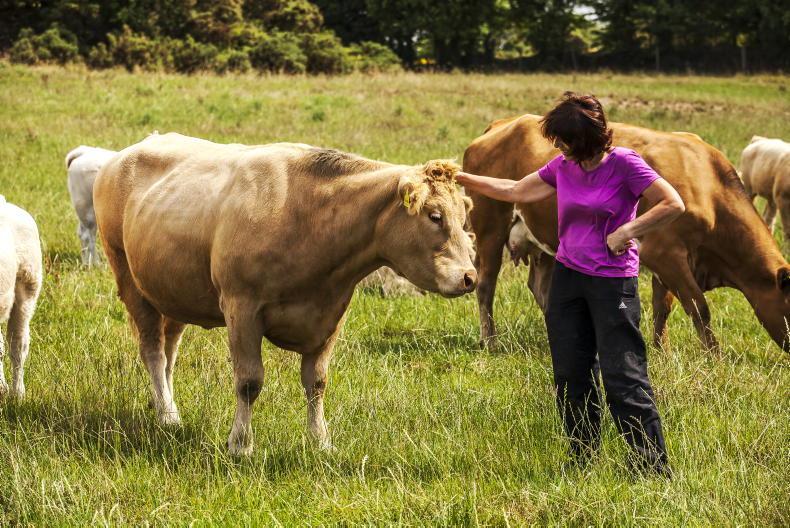
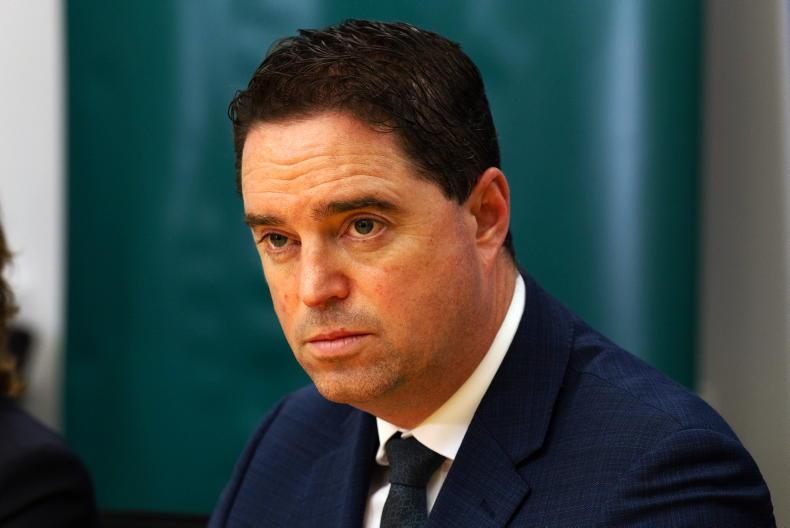
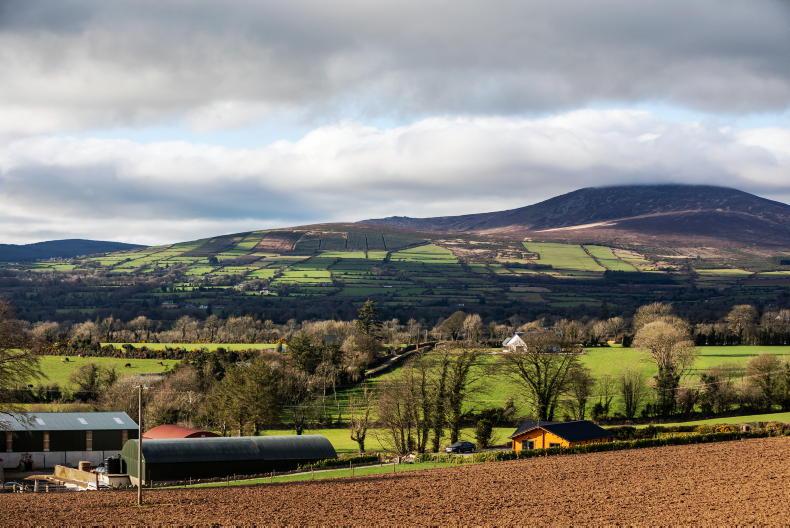
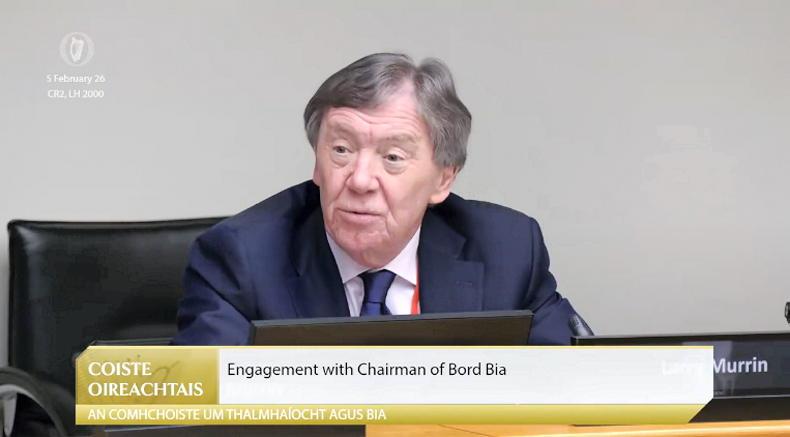
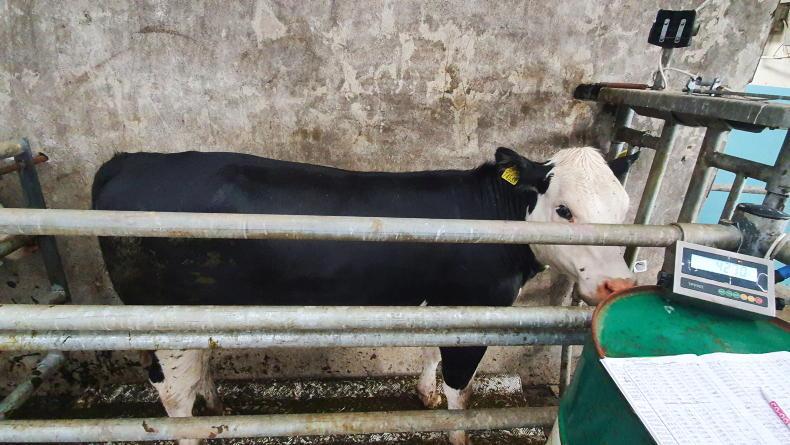
SHARING OPTIONS